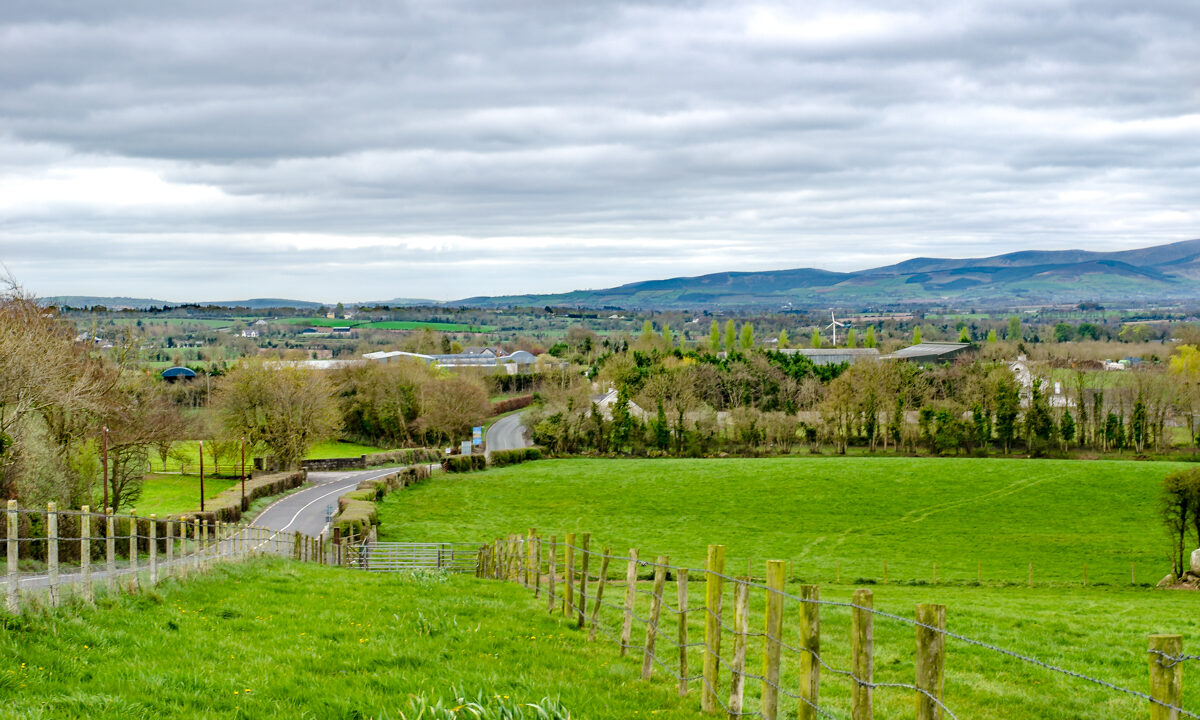Minister for Rural and Community Development Heather Humphreys has today (Friday, May 14) announced the allocation of €10.5 million for repairs and improvement works on non-public roads in rural communities.
The funding, announced under the Local Improvement Scheme, will improve access to rural homes and farms, as well as outdoor amenities such as lakes, rivers, mountains and beaches.
Announcing the allocation, which is a 5% increase compared to 2020, the minister said there is significant demand for funding under this scheme, and that she is “acutely aware that more is needed”.
“I am working to identify if additional funding can be provided in 2021 and I would therefore urge each local authority to utilise the funding announced today, and complete the repair works on the selected roads as soon as possible,” Minister Humphreys added.
“This would position them well to undertake repairs on additional roads before the end of the year should further funding become available.”
About the scheme
Local authorities are responsible for identifying and prioritising roads for improvement works under the scheme, in consultation with residents/landowners.
The funding provided by the Department of Rural and Community Development will be complemented by a local financial contribution from landowners/householders, as well as local authority resources.
There will be a cap of €1,200 on the amount that any individual householder or landowner will be asked to contribute towards the cost of repairs to their road.
The Local Improvement Scheme was reintroduced in September 2017 and over €58 million has already been provided for works on close to 2,400 roads. The additional funding announced today will bring that total to over €68 million.
Proposals sought in latest call under Rural Regeneration Fund
This week, the minister also announced the third call for Category 2 applications to the €1 billion Rural Regeneration and Development Fund.
Communities are being urged to put forward projects that will drive economic growth and footfall, combat dereliction, regenerate town centre and heritage buildings, develop pedestrian zones and outdoor spaces and make rural towns more attractive places to live, work and raise a family.
There will also be a strong focus on developing remote working facilities such as digital and enterprise communities, as well as e-learning, cultural and community spaces.
